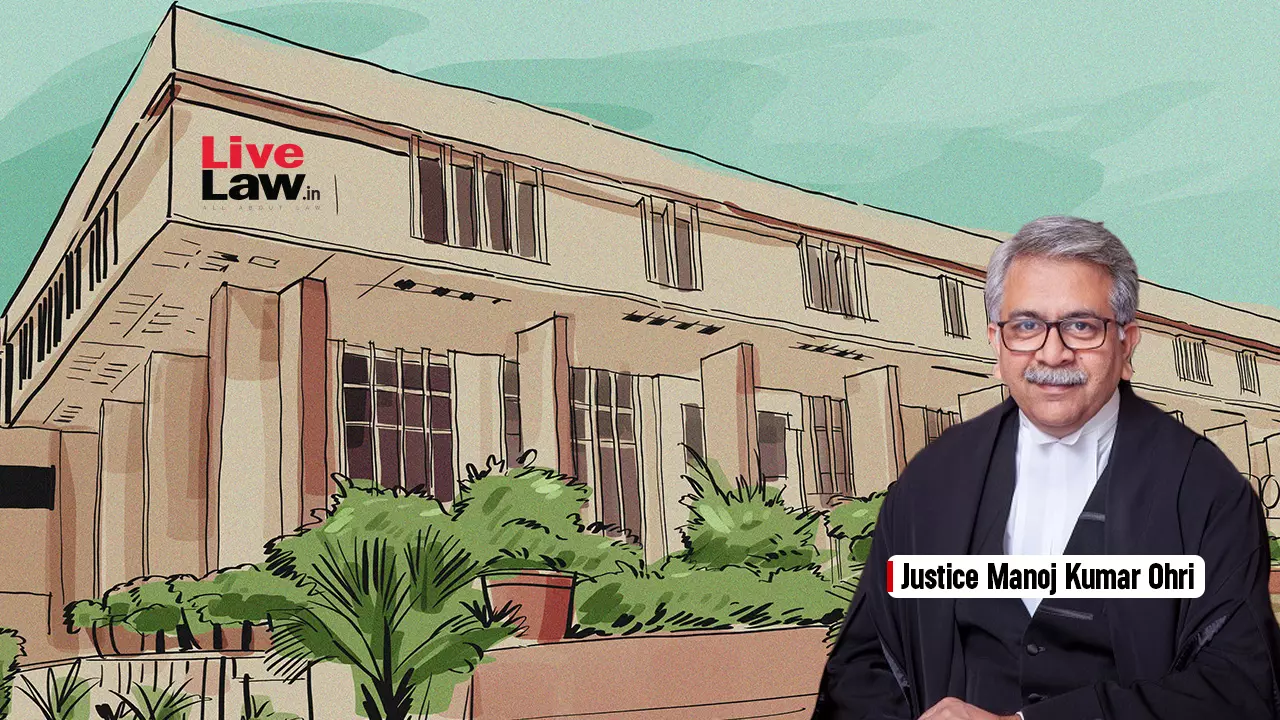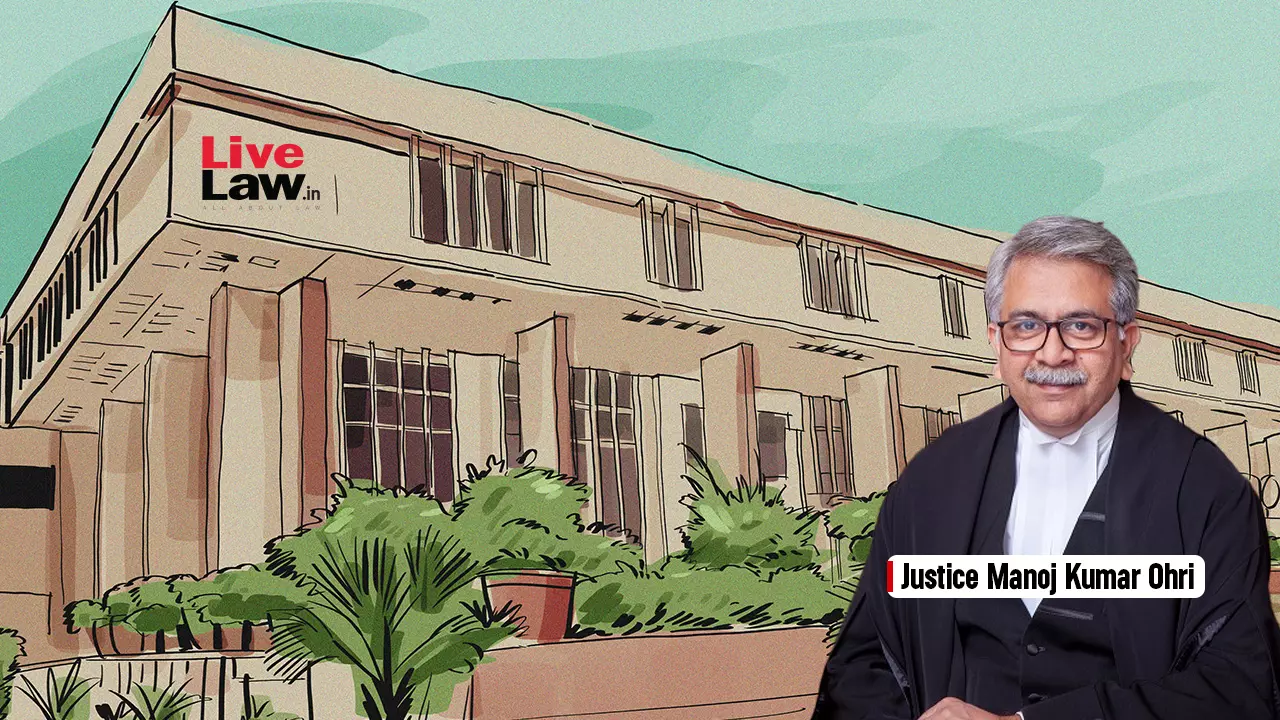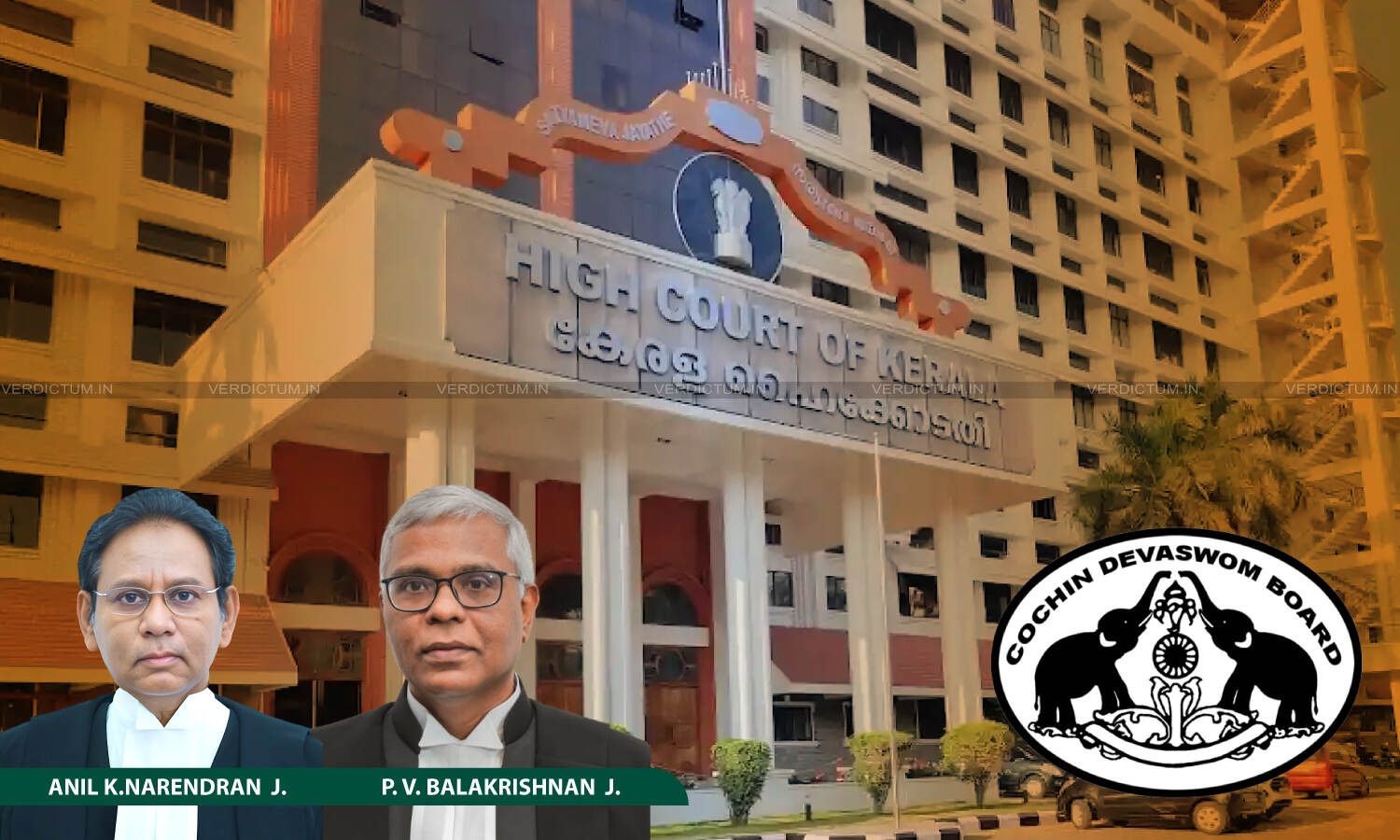Inconsequential Errors Cannot Be Grounds To Challenge Judicious & Reasoned Award U/S 34 Of Arbitration Act: Delhi High Court


The Delhi High Court Bench of Justice Manoj Kunar Ohri has held that the petitioner cannot take advantage of apparent inconsequential errors and fumbles to challenge the award. Inconsequential errors in the award cannot be a ground to challenge otherwise judicious and reasoned award.
Brief Facts of the case:
The respondent accepted an offer letter to procure a machine from the petitioner. As per the terms, the petitioner was obligated to deliver the machine within a period of ten months from the date of issue of advance acceptance of the tender by the respondent. The machine was delivered on 28.07.2008, after considerable delay and more precisely 3 years and 1 month of the acceptance of tender, which became a point of contention between the parties, so was the quality of machine supplied. The respondent rejected the machine on quality issues, which was disputed by the petitioner, who demanded the balance consideration of Rs.14,32,918/-, along with interest. Also, the respondent sought refund of the part sale consideration of Rs.1,14,63,340/- paid by it to the petitioner. Then, arbitration was invoked to resolve the dispute, and the Tribunal passed the award in favour the respondent. Aggrieved by this, the petitioner challenged the award under Section 34 of the Arbitration & Conciliation Act, 1996 (“Act”) on ground that the Tribunal did not deal with the evidence on record and also drew incorrect conclusions dehors the evidence.
Observation of the Court:
The court observed that the respondent did not outrightly reject the machine, when it discovered the basic design deviation, which was pointed out by the RCF in its earliest deficiency list. However, the said deviation was called out consistently in several letters, over the trial run of the machine. Also, the court noted that the respondent expected the petitioner to rectify the defects raised, including the basic design deviation mentioned above, but the same could not be achieved.
Further, the court noted that the petitioner’s ground that the rejection was delayed and not in accordance with Clause 2102 of the AT, was rejected by the AT by interpreting date of delivery as the date of successful commissioning. Therefore, the petitioner’s contention regarding machine being used for production during trial period of more than six months, estopping respondent from rejecting the same is legally untenable. At no point of time the respondent waived its right to object to the design deviations or accepted the same.
Additionally, the court held that the award may appear to be inarticulate and cryptic at places, in its expression. It records many inconsequentially incorrect findings, as explained above, overlooked evidence, however all such anomalies have no bearing on the underlying reasoning of the Tribunal i.e., petitioner’s own admission of the deviations. Therefore, the petitioner cannot take advantage of such apparent inconsequential errors and fumbles to challenge the award. Inconsequential errors in the award cannot be a ground to challenge otherwise judicious and reasoned award. Consequently, the petition was dismissed.
Case Title: HINDUSTAN HYDRAULICS PVT. LTD versus UNION OF INDIA
Case Number: O.M.P. (COMM) 6/2017
Counsel for the Petitioner: Mr. Faisal Zafar, Advocate
Counsel for the Respondent: Mr. Mukul Singh (CGSC), Ms. Ira Singh and Mr. Bharat Singh, Advocates.
Date of Judgment: 09.06.2025





